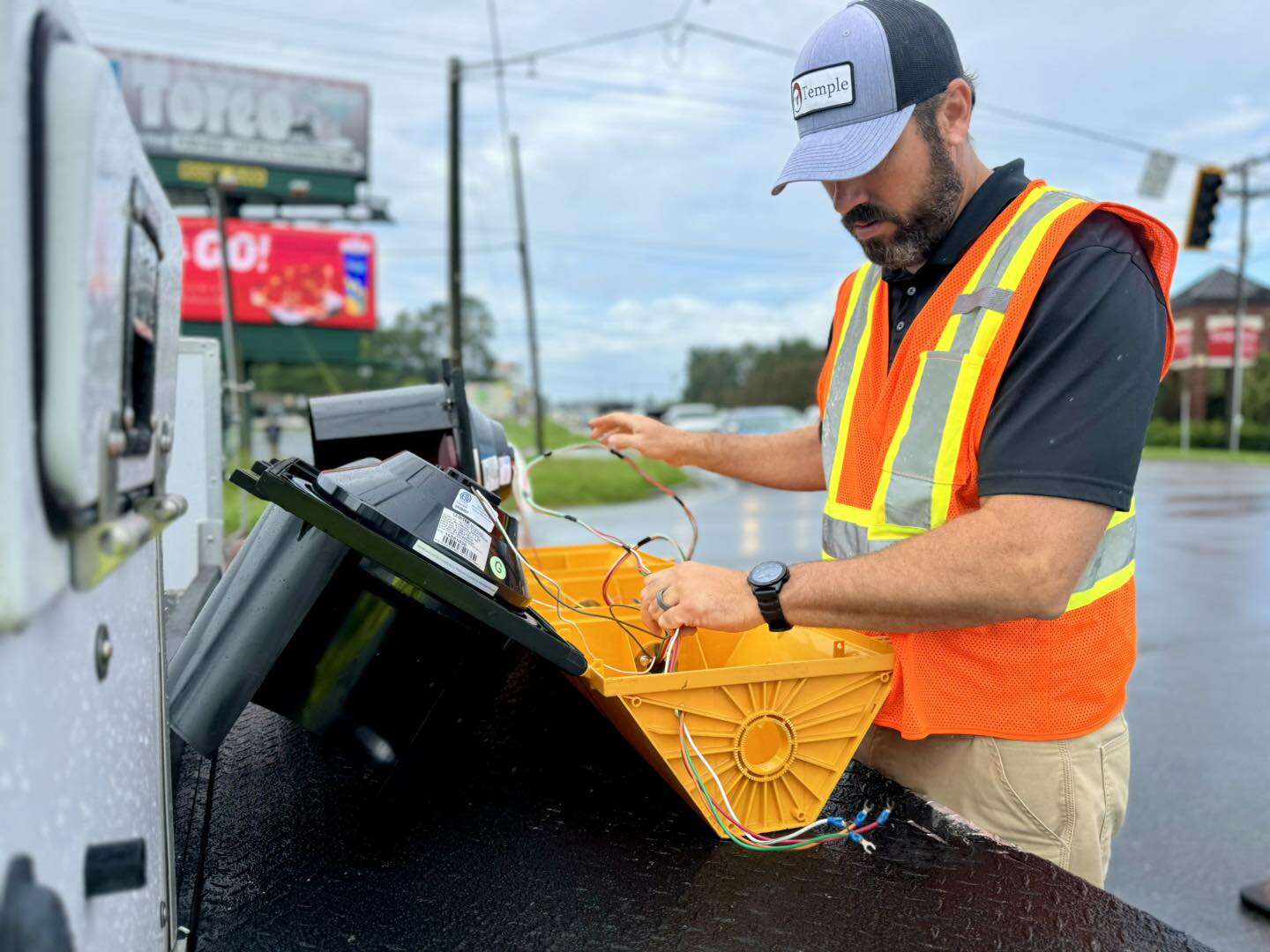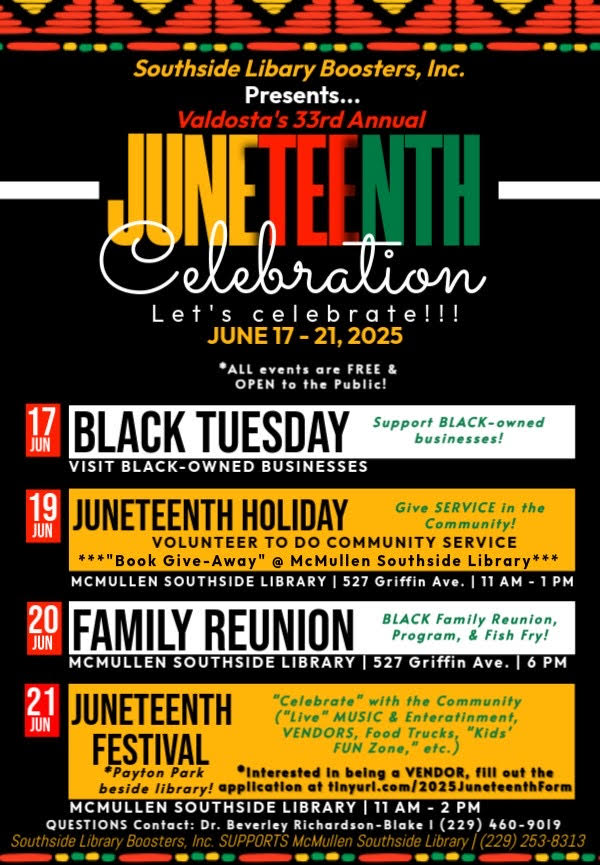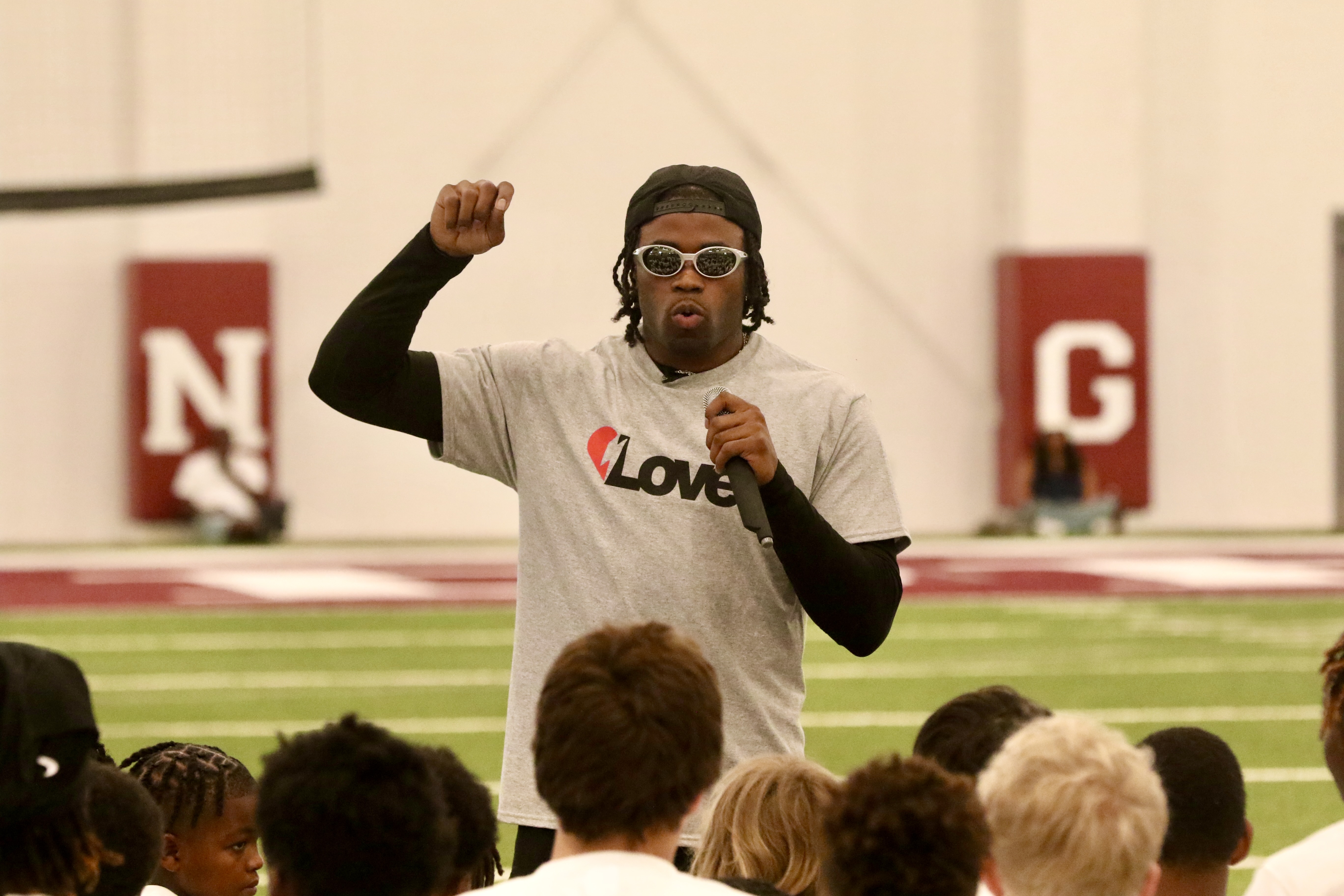PAW IN PRINT:
Published 9:00 am Thursday, December 13, 2018
With the current national discourse being heavily geared towards representation in film, it should no longer be a challenge to find impressive role models for young women.
Yet, here we are, still viewing starry-eyed fantasies straight out of a juvenile girl’s over-sexed imagination of a teenage girl drunkenly stripping on a table.
The Kissing Booth, directed by Vince Marcello, opened with a narrated monologue from our main character, Elle Evans (played by Joey King), who sets the scene as a nerd who just can’t help it.
Unconvincingly, the lead is written as an endearingly charming, outrageously quirky adolescent who plays the tired trope of a frumpy, less feminine high schooler.
The film takes itself too seriously as it depicts yet another unrealistic high school experience. The central conflict of the film is that Elle has a crush on her best friend’s older brother, Noah Flynn (played by Jacob Elordi).
But, of course, they made a pact as kids not to date each other’s relatives.
This is the type of movie where the wildly attractive guy likes the goofy and less attractive girl for no discernable reason.
The older guy for whom our admittedly weak heroine burns, pines and perishes constantly gets into fights, plays football and rides a motorcycle. Not surprisingly, every girl in school ridiculously swoons over him, yet he instead turns his attention toward his younger brother’s girl-next-door best friend.
The only basis for the attraction that Noah cites is that Elle does not worship him like every other girl. The audience knows that this is not the case.
Particularly concerning, Noah demands that no other guy in school ask her out and even threatens them to stay away from her.
Elle is blithely unaware of this and so then enters her junior year with low self-esteem because she has never been kissed or asked out on a date.
While his character is constantly surrounded by women, celebrating his own sexuality, he goes out of his way to make sure that Elle’s sexuality is nonexistent.
When Noah finally does confess his love, Elle reciprocates without questioning the alarming behavior that brought them together.
The movie then becomes an acted out version of the traditional high school girl’s fantasy where the average, or below average, looking girl gets singled out and loved for who she really is by the effortlessly attractive, much older, brooding man.
This often-cliched validation may have worked in such movies as Dirty Dancing (1987), Sixteen Candles (1984), Bridget Jones’s Diary (2001) and The Duff (2015), but it comes off as uncomfortably controlling in this film.
The story would have taken on a much harsher tone if Noah had not been a bonafide “hottie” with chiseled abs and an unexplained abundance of wealth.
Instead, he is the Christian Grey of this movie, where all behavior is excusable if you are well-adjusted and good looking enough to pull it off.
Ultimately, Elle and Noah’s love prevails, despite it being wildly inappropriate and shallow. Elle closes the film by narrating how Noah will always hold a special place in her heart as she rides his motorcycle along the Pacific Coast.
In a refreshingly stark juxtaposition, Bo Burnham’s Eighth Grade becomes a candid depiction of youth that presses the audience, no matter what the age, to see themselves in an anxiety-ridden, pre-pubescent middle schooler.
Eighth Grade follows Kayla (played by Elsie Fisher) as she finishes her final week of the eighth grade.
Unlike The Kissing Booth, Eighth Grade is not a hyperbolic fantasy, but rather an endearing look at an almost deliberately uncomfortable moment where we try to fit in and stand out all at once.
Through her cringe-worthy rambles, overbearing social anxiety and her cell phone as an appendage, Kayla becomes a highly-relatable underdog for the audience to root for.
With her face covered in powder in order to conceal the prominent bumps on her face, chipped blue nail polish and hair that is so long it acts like a curtain, Kayla is the physical embodiment of a time that we would all rather forget.
The subject matter that the film takes on makes the premise just as nuanced as the actual middle school experience. Even if someone is brimming with confidence, they can still resonate with Kayla’s quintessential tribulations.
For example, most of us are familiar with the stomach-dropping humiliation of knowing that you were invited so that someone’s mother could make sure that you were included.
There is also the out-of-body experience of being sexually harassed for the first time or at the very least, finding yourself in an uncomfortable sexual situation.
Eighth Grade also touches on a modern father-daughter relationship where the father just wants to be a part of his daughter’s life, instead of trying to run it.
The father in this film is far from domineering. The daughter, like most teens, does not want him to be an active participant in her day-to-day life.
Eighth Grade is an adolescent film that does not use the buddy-system trope; our heroine has no friends to confide in to ease her suffering. Because she has no friends, our main character is forced to stand alone, navigating the precipice of adolescence.
The film ends on an uplifting note, but without a solid win for the main character like we have come to expect from teen-genre films. Kayla comes to terms with her eighth grade year and learns how to begin to be her own person in the world.
The ultimate insult of The Kissing Booth is that it is yet another reincarnation of a dated fantasy, whereas Eighth Grade is a truth-filled teen-angst film that not only stirs up strong emotion, but realistically represents its modern-day target audience.
Katelyn Umholtz is a reporter with the Valdosta Daily Times. She can be contacted at (229)244-3400 ext. 1256.





